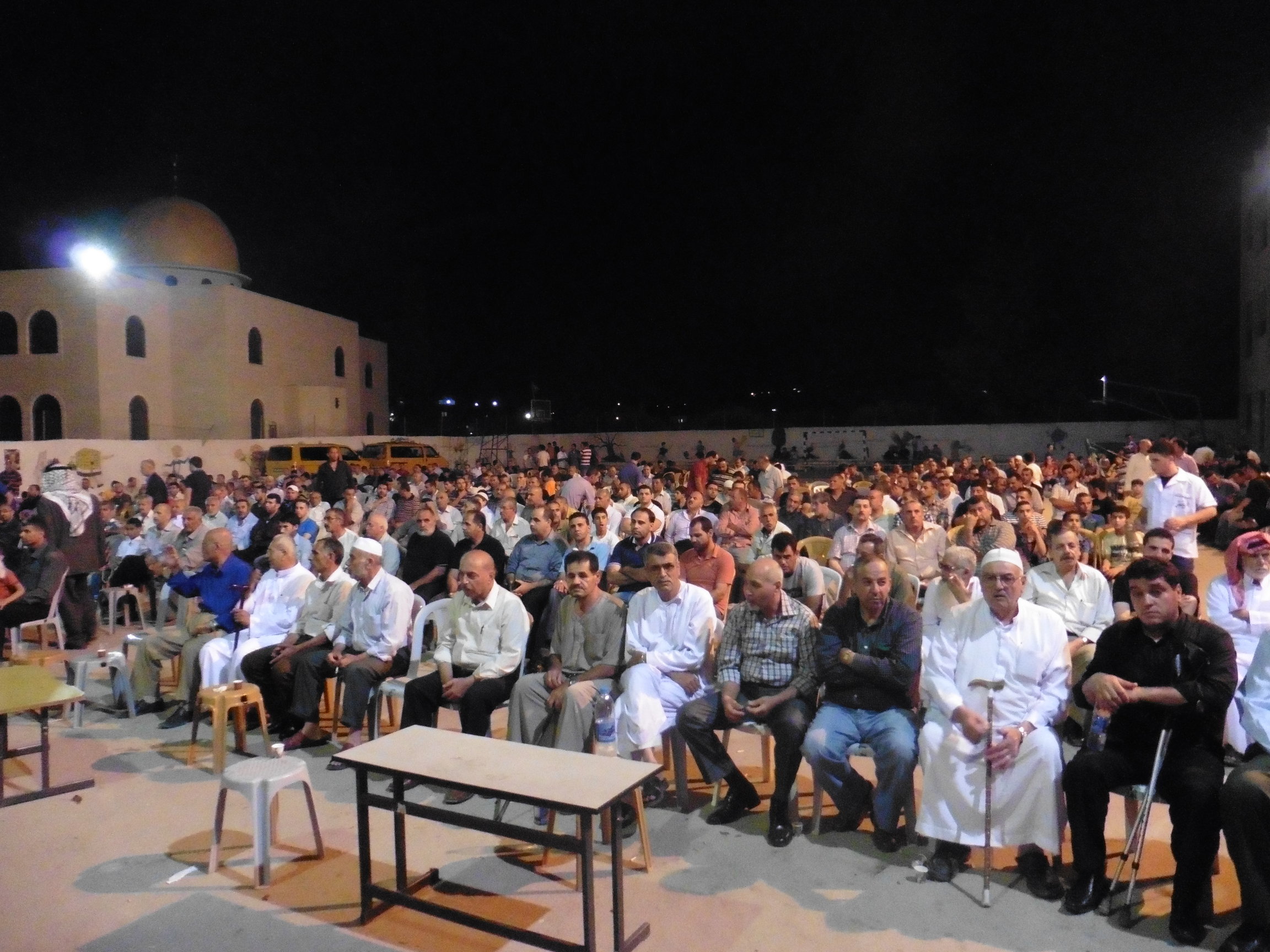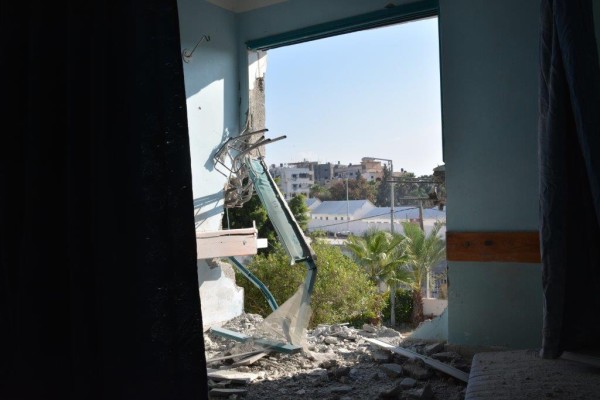Category: Nablus
-
Two Palestinian teenagers were murdered by an Israeli settler and an Israeli soldier in separate incidents in Huwwara
27th July 2014 | International Solidarity Movement, Nablus team | Huwwwara, Occupied Palestine On Friday, July 25, an Israeli settler murdered a Palestinian teenager in the village of Huwwara, which lies approximately 10 km south of Nablus in the northern half of the West Bank. Two hours later, an Israeli sniper killed another Palestinian teenager in the same…
-
Israeli forces invade Azzun and use Palestinian civilians as human shields
24th July 2014 | International Solidarity Movement, Nablus team | Azzun, Occupied Palestine On Monday, July 21st, Israeli forces used Palestinian civilians as human shields in the village of Azzun, a village west of the city of Nablus. On most evenings several Israeli jeeps are stationed just outside the Azzun’s north gate. At 10 o’clock in the…
-
A story from Balata refugee camp
22nd July 2014 | International Solidarity Movement, Nablus team | Balata, Occupied Palestine The Abu Leel family are refugees, who fled from Haifa to Balata refugee camp in Nablus in 1948. Asma Alshmeer gave birth to 10 healthy children, five of whom have been killed by the Israeli military. The first was killed when he…



